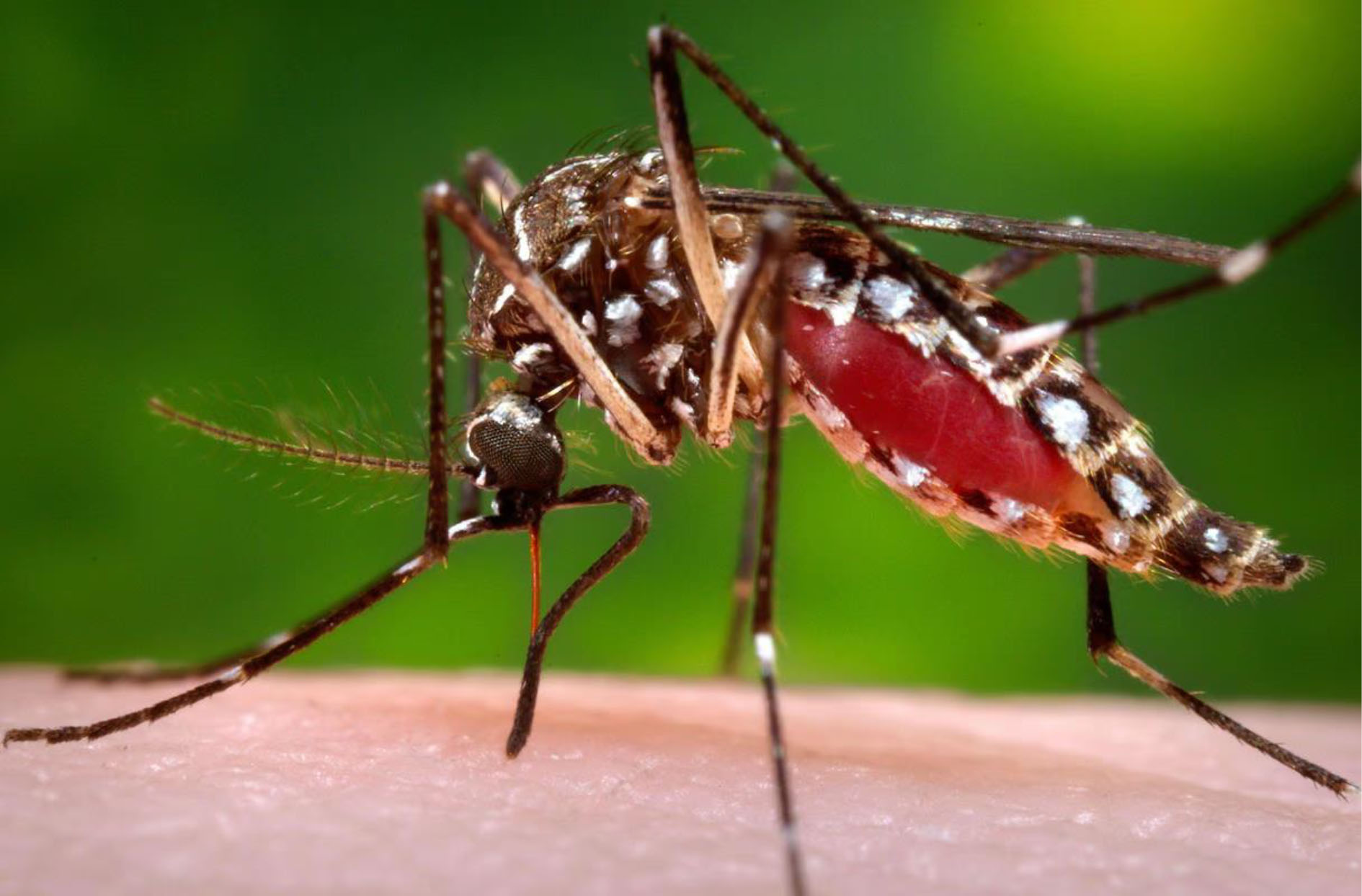JISSA 2024: VSF-Suisse and OADEL join forces to reinforce safe and healthy food practices
- Posted on 14/06/2024 15:52
- Film
- By abelozih@sante-education.tg

Extract from the article: Le monde entier a célébré le 07 juin la Journée Internationale de la Sécurité Sanitaire des Aliments (JISSA). Cette célébration vise à attirer l’attention et inspirer l’action pour prévenir, détecter et gérer les risques d’origine alimentaire, dans l
On
June 07, the world celebrated the International Day of Food Safety (JISSA).
This celebration aims to draw attention and inspire action to prevent, detect
and manage foodborne risks, with a view to contributing to food safety, human
health, economic prosperity, agriculture, market access, tourism and
sustainable development. The theme of the 2024 edition is "World Food
Safety Day 2024: Prepare for the unexpected". To mark the day, the Organisation pour
l'Alimentation et le Développement Local (OADEL), with the support of the NGO
Vétérinaires Sans Frontières-Switzerland (VSF-Switzerland), organized a public
conference on Tuesday June 11 in Lomé for all players in the food chain. The
aim was to promote food safety in order to prevent food-borne diseases. The
public conference also focused on the challenges and prospects of the
certification mechanism for food handlers in Togo.
According
to the WHO, every year, one in 10 people worldwide falls ill after eating
contaminated food, and children under 5 bear 40% of the burden of foodborne
disease, including 125,000 deaths a year. Over 200 illnesses are caused by
eating food contaminated with bacteria, viruses, parasites or chemical
substances such as heavy metals.SSA must therefore become a priority for
development.Food safety plays an essential role in ensuring that food is safe
at all stages of the food chain, from production to harvesting, processing,
storage, distribution, preparation and consumption.
Promoting
healthy, safe food
Food
safety is essential for nutritional security. This year, 2024, the
International Day's theme "Food safety: prepare for the unexpected"
is evocative, and aims to redouble efforts to ensure food safety, integrate
food safety into the public agenda, and reduce the burden of foodborne disease worldwide.
For
Dr. Géraud Hellow, Country Director of VSF-Switzerland, actions need to focus
on promoting food safety awareness to reinforce efforts to prevent, detect and
manage food-borne risks, while emphasizing the importance of being prepared for
moderate or severe food safety incidents.
« We
want to raise people's awareness so that food safety is improved.Every consumer
must play his or her part in improving food safety, especially food from the
livestock chain, whether it's milk, wagashi, meat or honey. Consumers have a
major role to play when it comes to making purchases. Food handlers often do
not have an advanced level of hygiene expertise. It's up to the consumer to
make demands.By being demanding, this can attract the attention of retailers,
to practice better hygiene, to better display food so that the consumer is less
at risk of illnesses such as diarrhoea ».
The Country Director of VSF-Suisse called on consumers, stakeholders,
decision-makers and governments to invest more in SSA so that food becomes
healthier.
« When
we talk about food safety, we mean both the danger perceived by the consumer,
or at least by the various players involved, and our various individual
responsibilities. We alert consumers to the systems, mechanisms and
awareness-raising actions in place to ensure the safety, control, wholesomeness
and hygiene of food », emphasized Maxwel Atidigah, Program
Coordinator at the NGO OADEL.
Bacteria
such as Salmonella, Campylobacter and Escherichia coli are among the most
common food-borne pathogens, affecting millions of people every year, sometimes
with serious and fatal consequences.To this end, « food standards need
to be tightened.Good practices must always be taken into account in the
manufacture, storage and transport of foodstuffs.The aim of all this is to
protect the consumer and balance national and international trade »,
explains Dr Raouf Mensah, Research Associate in Microbiology and Food
Technology at ITRA.
Three
themed presentations were given at the public conference: firstly, « Food
safety: preparing for the unexpected; food handler certification mechanism,
challenges and perspectives »; secondly, « Food standards save
lives, MDA certification mechanism, challenges and perspectives »; and
thirdly, « Food safety: Certification of meat and dairy products,
challenges and prospects ».
These three themes were developed respectively by the Division Contrôle
et Inspection Sanitaire (DCIS), the Institut Togolais de Recherche Agronomique
(ITRA) and the Direction de l'Elevage (DE).
Preparing
for food safety incidents
Role
of public authorities: Commit to developing or updating
national plans for food safety emergencies, strengthening national food control
systems, increasing surveillance and coordination capacities, improving
communication with food businesses and the general public.
Role
of food companies: Improve food safety management plans,
disseminate "lessons learned" and collaborate with each other;
improve the way they communicate with consumers.
Role
of consumers: To ensure that they know how to report or
respond to a food safety incident, to ensure that they understand the
consequences of an unforeseen event at home and know how to react.
The
International Food Safety Authorities Network (INFOSAN)
In
2004, the Codex Alimentarius Commission revised the « Principles and
Guidelines for the Exchange of Information in Food Safety Emergency Situations »
and recommended that Member States select official contact points for the
exchange of information in such situations. This led to the creation of the
International Food Safety Authorities Network (INFOSAN). Today, INFOSAN is a
global network of 189 countries, whose members are national food safety
authorities and which is jointly managed by the FAO and WHO. INFOSAN
facilitates the rapid exchange of information during food safety events,
enabling the application of risk management measures to prevent foodborne
illness and save lives.
William
O.




